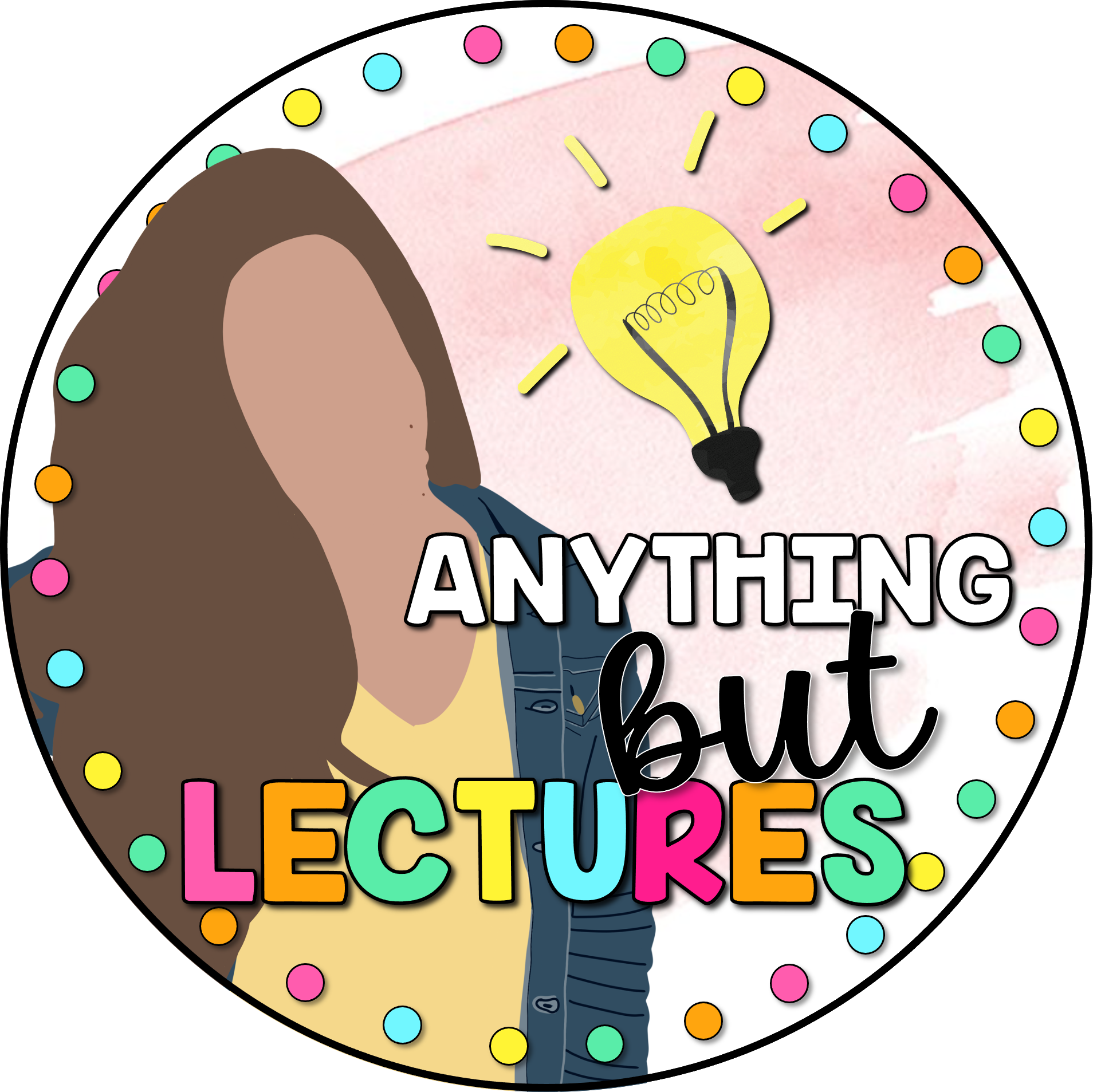Planning. Lesson planning. Curriculum planning. Do any of these words send shivers down your spine? Do they provide a visceral feeling? Planning for teachers is often a dreaded task. Most teachers would say they wish they could skip the planning part and just teach. But why is planning important for teachers?
Listen…..
I get it.
We plan. We then know what we want to do. So why do I have to document plans on a sheet of paper that I most likely will never look at again?
I believe that if you are creating plans that you will never look at again, you ain’t doing it right.
There, I said it!
If done properly, planning should be something you’re referring back to multiple times. I can think of 6 times where one individual lesson should be referred to.
- When you are curriculum mapping at the beginning of the year
- At the start of the unit
- At the start of the week
- The day you are teaching that lesson
- During the lesson
- After the lesson
So why is planning so important for teachers? Let’s look at some components of your planning and why each is so important. You may also want to check out a recent post, where I shared common misconceptions teachers have about the job.
Don’t click off this page without downloading my free “Roadmap to Curriculum Mapping Success.”
1. The Unit Topics
When you begin curriculum planning for the entire school year, the first decision you will make in each of your unit topics. Choosing the topics will provide context when you need to do the harder stuff, like choosing standards, assessments, etc…
I find choosing your topic is the most fun part of planning. You’re choosing what world your students will live in for 4 to 6 weeks. Will they be living among the Greek Gods and Goddesses, experiencing life during the Great Depression, or exploring life under the sea?

This step is important because every lesson you create needs to be within the context of your topic. When looking at your lesson plans for the unit, each lesson’s goal should be directly linked to the topic. This sounds obvious, but many times we get so bogged down with planning, we lose sight of the initial topic for what we are doing.
Click here to read my recent blog post about the steps to curriculum mapping.
2. Why is Planning Important for Teachers-The Essential questions
What are essential questions? Essential questions also help in narrowing down the focus for the unit.
Essential questions should be open-ended questions that students will answer through their lessons throughout the unit.
For example, if your unit topic is “animals in captivity”, your questions could be
- “How did humans become deciders in the fate of animals”
- “How have humans affected the lives of animals”
- “How should humans deal with predatory animals”
Click here to get my bank of over 150 essential questions!

So why is this important?
Once again, each lesson should be directly linked to the essential question(s) you chose for that lesson’s unit.
It’s happened to me before that I’ve reflected on a unit after I completed a unit, only to realize many of my daily lesson plans did not align with the essential questions.
Each lesson should be moving the students a step closer to answering the unit’s essential questions.
3. Why is Planning Important for Teachers- The Goal
When you plan each of your teaching units, you need to set a goal. The goal should begin with “The students will…”
This helps set the intention for the unit. That way, when doing the lesson plans for the unit, you can ensure that the lesson is aligned with the goal of the unit.
For example, let’s say the goal for the unit is “Students understand that humans are essentially in charge of deciding the fate of other animals, which is predetermined based on our categorization of animals. “
It wouldn’t make sense if you are doing a lesson about animals in hibernation.
Instead, think of what students will have to understand to get to this final goal.

Click here to download the “Roadmap to Curriculum Mapping Success”
4. Why is Planning Important for Teachers-The Standards
Let’s say for a minute that planning IS NOT important for teachers. In this alternate reality, you may plan day by day, or maybe week by week. No long-term planning, though.
Now let’s say it’s May. You’ve made it through most of the year. GOOD FOR YOU! YOU MADE IT! GOOD JOB, SIS!
Then, on exam week, you start to panic as you’re going through the exams that have been sent to you.
You haven’t taught this strategy, that skill, this method, etc…
You have not prepared your students as well as you thought!
IF YOU HAD PLANNED your units using a curriculum map, you would have organized ALL the teaching standards into the units. You would have known that each standard was addressed for the year.
Check out my recent blog post about preparing for a new school year.
Final Thoughts…
Not only is planning important for teachers, but PROPER planning is crucial for teachers.
Curriculum mapping ensures that you have a clear focus for your teaching units in the form of Titles, Essential Questions, and goals. It also gives you the reassurance that ALL your teaching standards will be taught and assessed over the course of the year.
What’s been a unit topic that you enjoyed teaching? Comment below!
PS- Don’t forget to grab your free “Roadmap to Curriculum Mapping Success”. Get it here!





4 thoughts on “Why is Planning Important for Teachers? 4 Reasons Why You Need to Plan Properly”